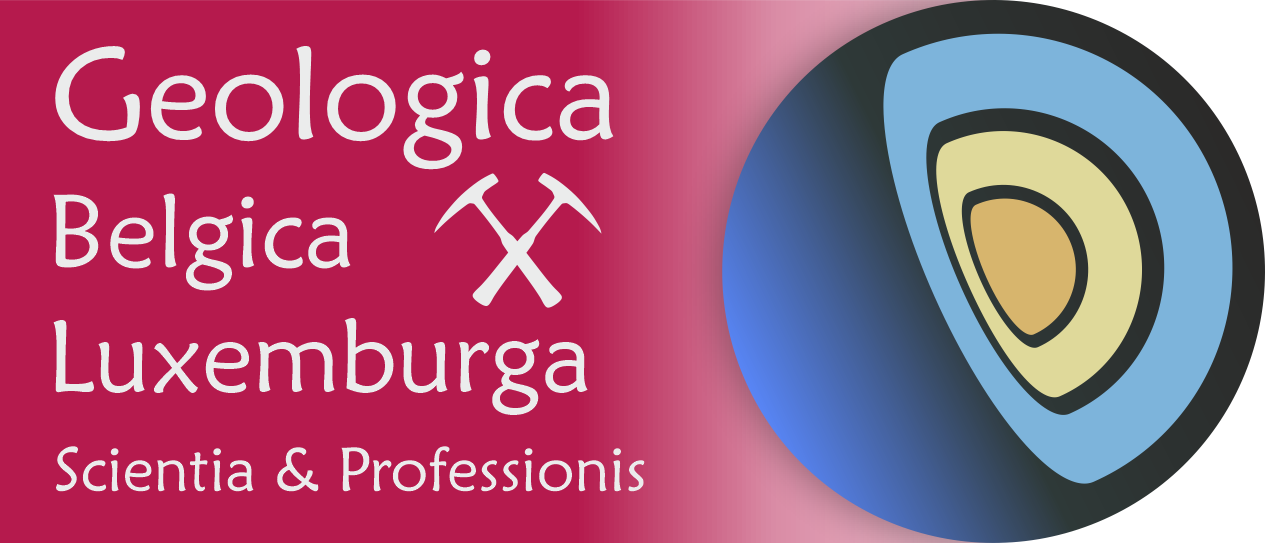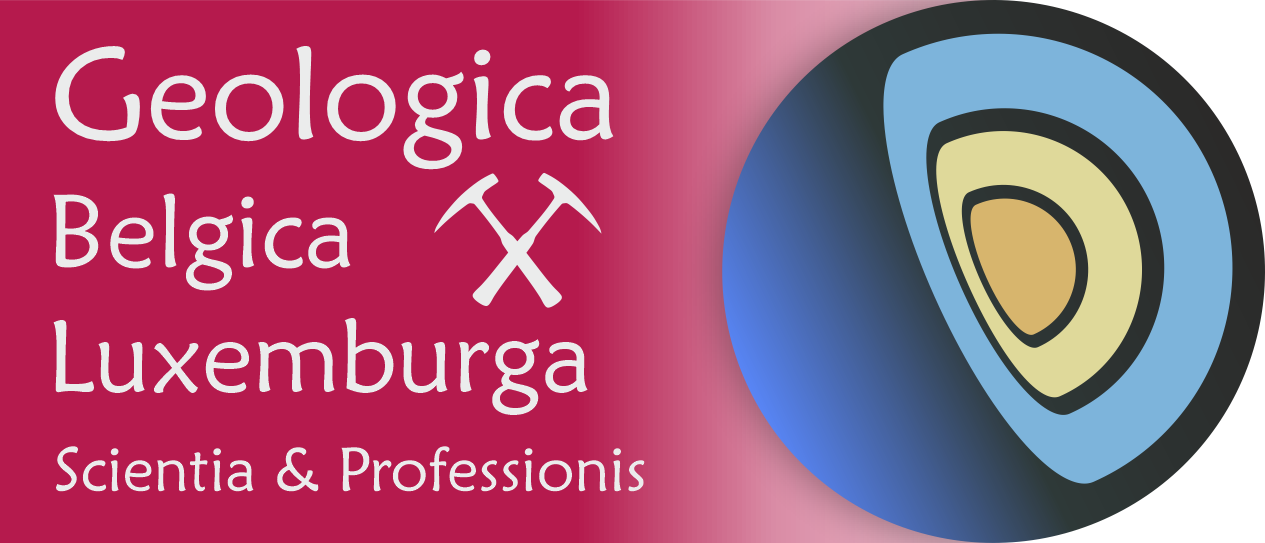- Home
- volume 11 (2008)
- number 3-4
- The tungsten mineralisation at Nyakabingo and Gifurwe (Rwanda): preliminary results
View(s): 1621 (24 ULiège)
Download(s): 3362 (52 ULiège)
The tungsten mineralisation at Nyakabingo and Gifurwe (Rwanda): preliminary results

Abstract
ABSTRACT. The Kibara belt in Central Africa hosts numerous important deposits of Sn, Nb, Ta and W. These mineral deposits mainly occur in pegmatites and hydrothermal quartz veins. A petrographical and stable isotope study has been carried out on two main tungsten deposits of Rwanda, namely at Nyakabingo and Gifurwe. These tungsten deposits are present in the central part of Rwanda and occur as mineralised quartz veins that are hosted by graphite-rich black shales. Wolframite minerals formed after the precipitation of the main quartz vein. The mineralising fluids have a H2O–CO2–CH4–N2–NaCl composition, a moderate salinity (7.4-9.9 eq. wt.% NaCl) and a minimum temperature of 300°C. The isotopic composition of the fluids indicates that the mineralised quartz veins most likely formed from a fluid largely influenced by metamorphic processes. The wolframite minerals precipitated due to interaction of the fluid with graphite-rich black shales. The origin of the tungsten is still a matter of discussion. Whether the mineralising fluid was originally a metamorphic or a magmatic fluid is still unknown.
To cite this article
About: Friso DE CLERCQ
Geodynamics and Geofluids Research Group, K.U.Leuven, Celestijnenlaan 200E, B-3001 Leuven, Belgium
About: Philippe MUCHEZ
Geodynamics and Geofluids Research Group, K.U.Leuven, Celestijnenlaan 200E, B-3001 Leuven, Belgium
About: Stijn DEWAELE
Department of Geology and Mineralogy, Royal Museum for Central Africa (RMCA), Leuvensesteenweg 13, B-3080 Tervuren, Belgium
About: Adrian BOYCE
Isotope Geoscience Unit, Scottish Universities Environmental Research Centre (SUERC), Rankine Avenue, East Kilbride G75 0QF, Glasgow, UK






